Looks like a book. Reads, to some, like a threat.
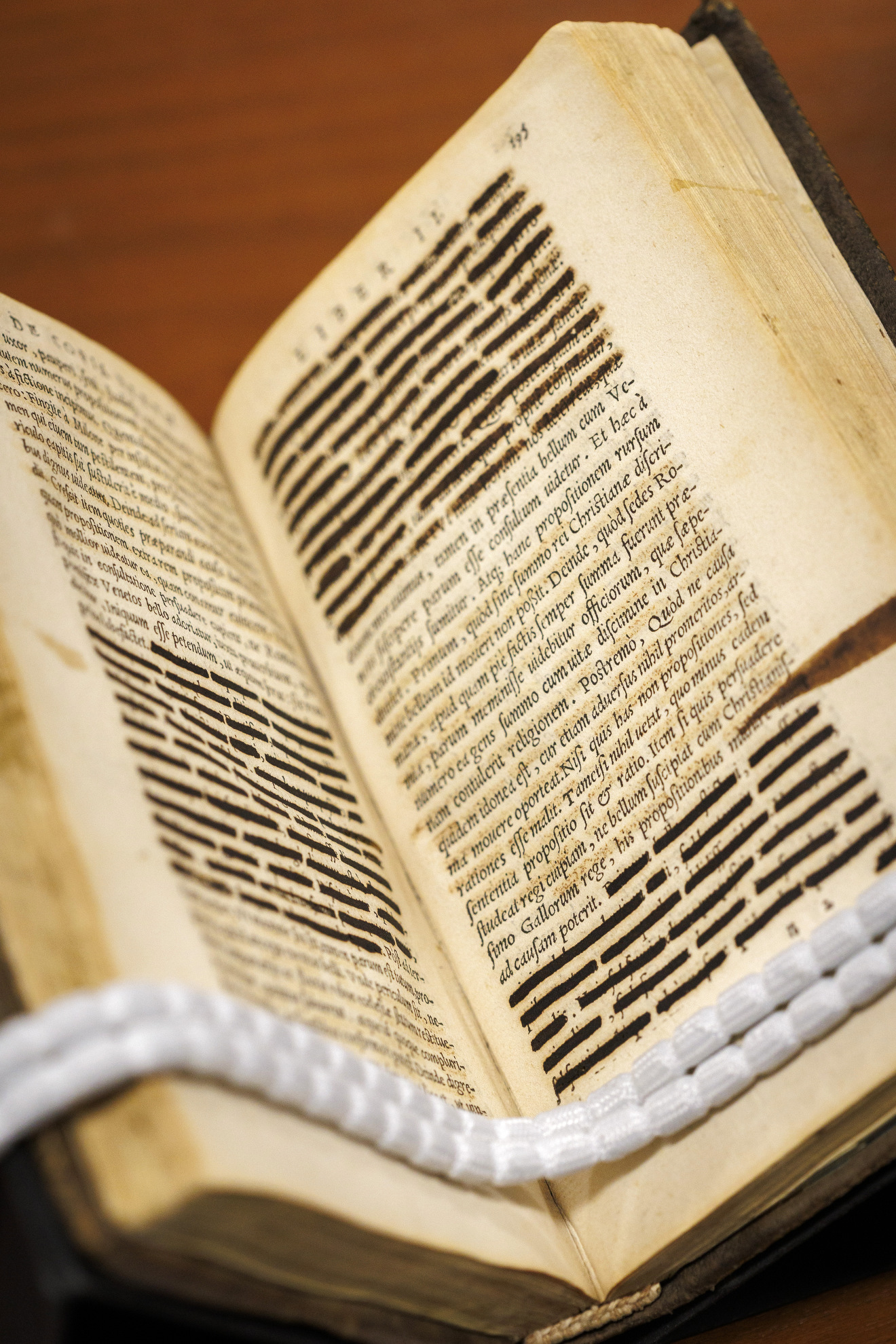
Looks like a book. Reads, to some, like a threat.
Houghton exhibit explores forbidden history
Books about sex, science, and politics were among the works selected for “Banned in Boston (and Beyond),” a Houghton Library pop-up exhibition that coincided with the American Library Association’s Banned Books Week.
“I think you’ll find very few librarians for whom the freedom to read and the freedom of access to information isn’t a very important topic, and that’s a reason I really wanted to do something about this subject,” said John Overholt, who organized the exhibition. “Because it means a lot to me.”
Overholt, who is Houghton’s curator of early books and manuscripts, embraced the chance to explore the University’s extensive collection of previously banned books.
“I learned so much about the collections in the process of digging through HOLLIS and seeing what things I could find,” he said.
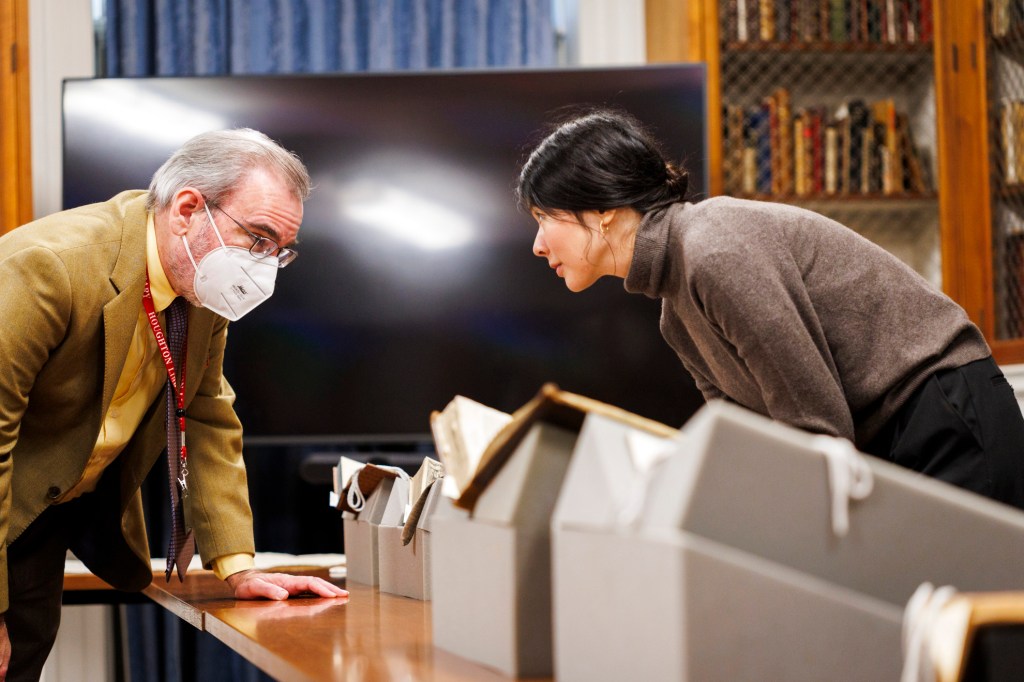
Sex and substances were well represented in the exhibition, which included a copy of D.H. Lawrence’s 1928 novel “Lady Chatterley’s Lover.” Also among the titles were William Powell’s “The Anarchist Cookbook” (1971), a counterculture text filled with recipes for weapons and drugs, and Madonna’s 1992 coffee table book “Sex,” which hardly met a obscenity watchdog it did not provoke.
Madonna had nothing on Copernicus, of course. A copy of the Renaissance astronomer’s “De revolutionibus orbium coelestium” (1543) reminded viewers of an era when work questioning the Earth’s position at the center of the universe was banned by the Catholic Church.
The idea to put on a banned books exhibition came partly from Hannah Marcus, a professor of the history of science at Harvard, who teaches a course on Galileo — a scientist persecuted for his heliocentric ideas.
“There are different subjects that are particularly in the censorial gaze at different times,” Marcus said. “We’re seeing that in our present as well, right? Heliocentrism not a problem. ‘Lady Chatterley’s Lover’ less of a problem. And instead … it’s the fixations of a particular period.”
Some of the exhibited books showed clear signs of disapproval, including expurgation. Others were unmarked, but had been kept hidden or under lock and key.
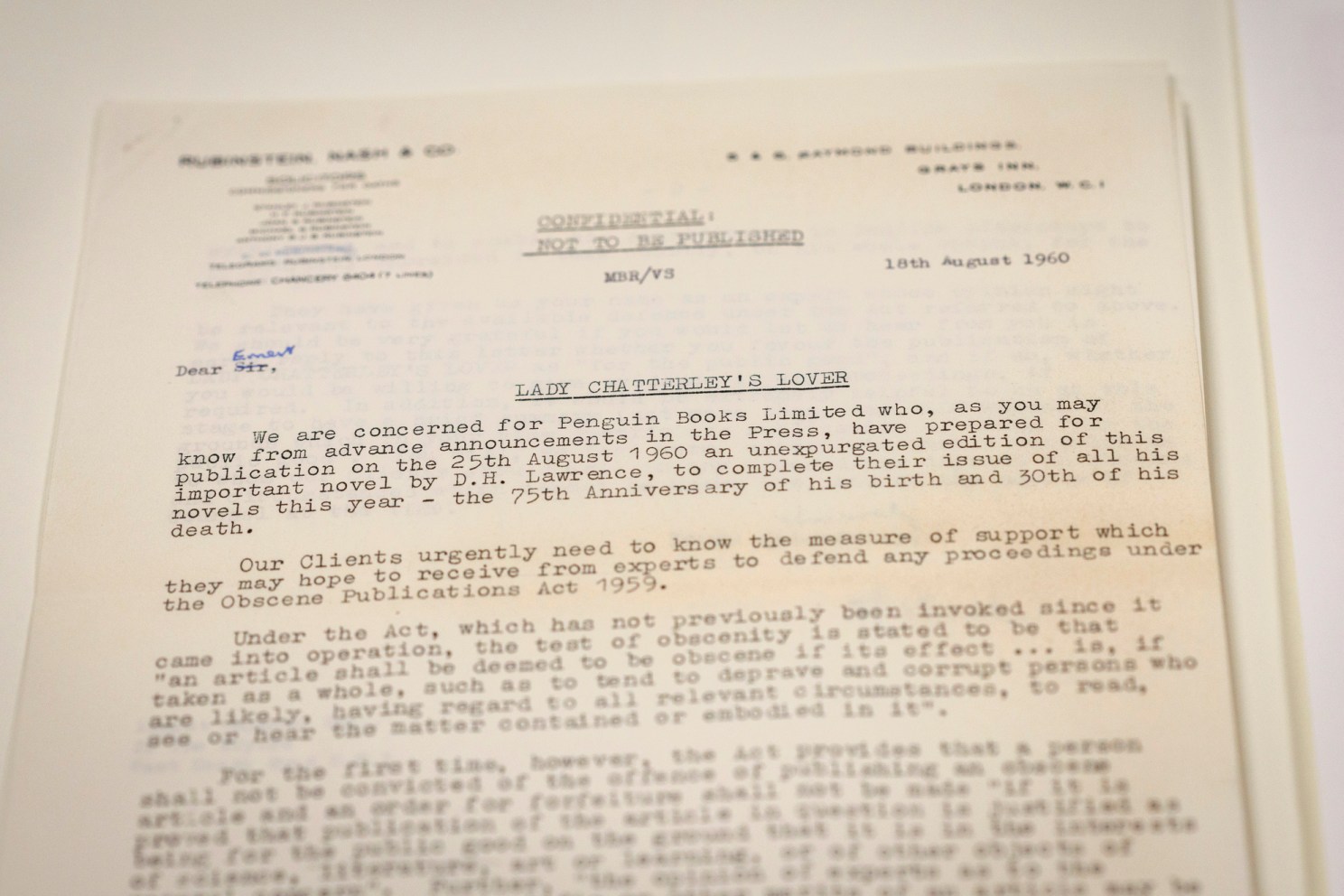
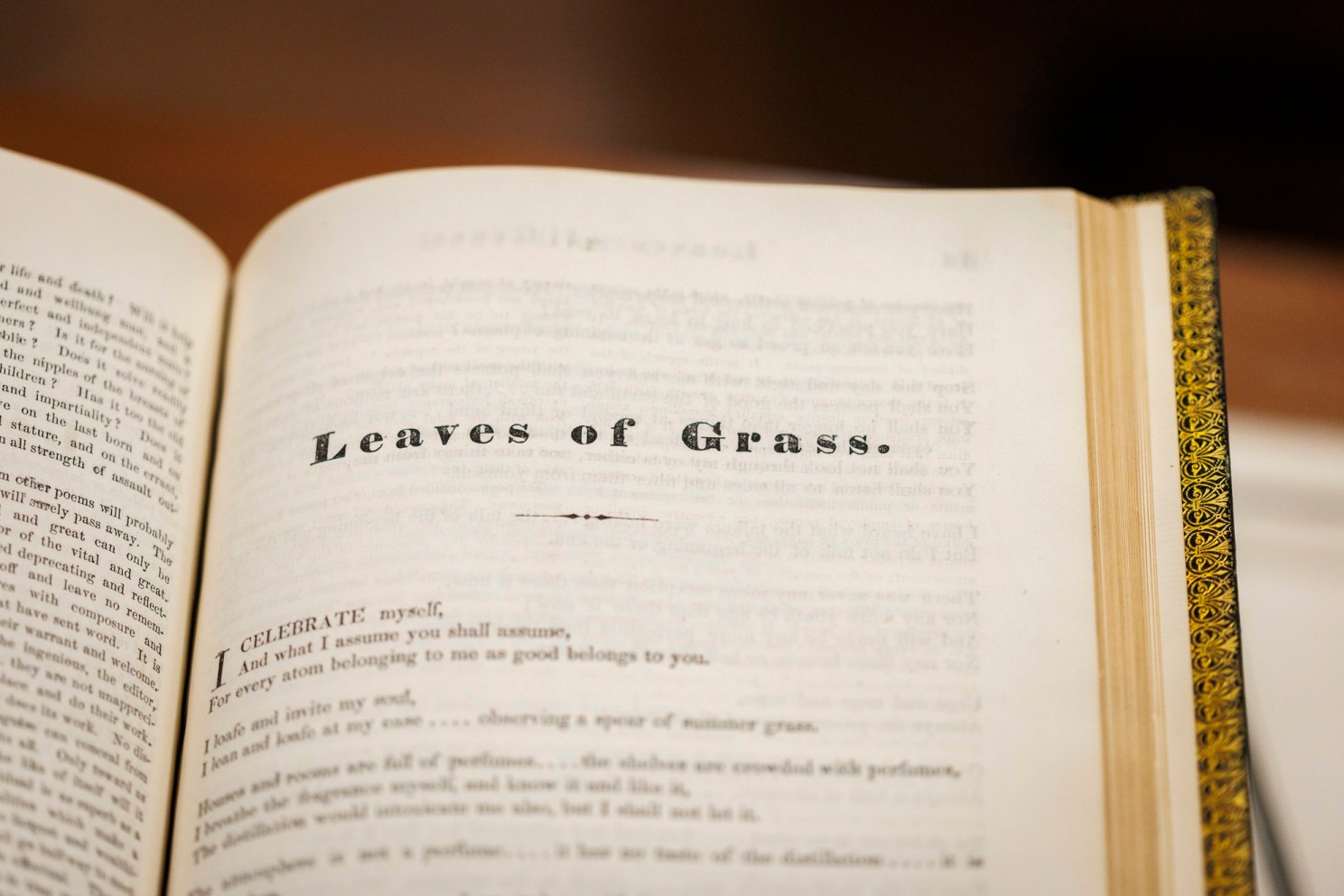
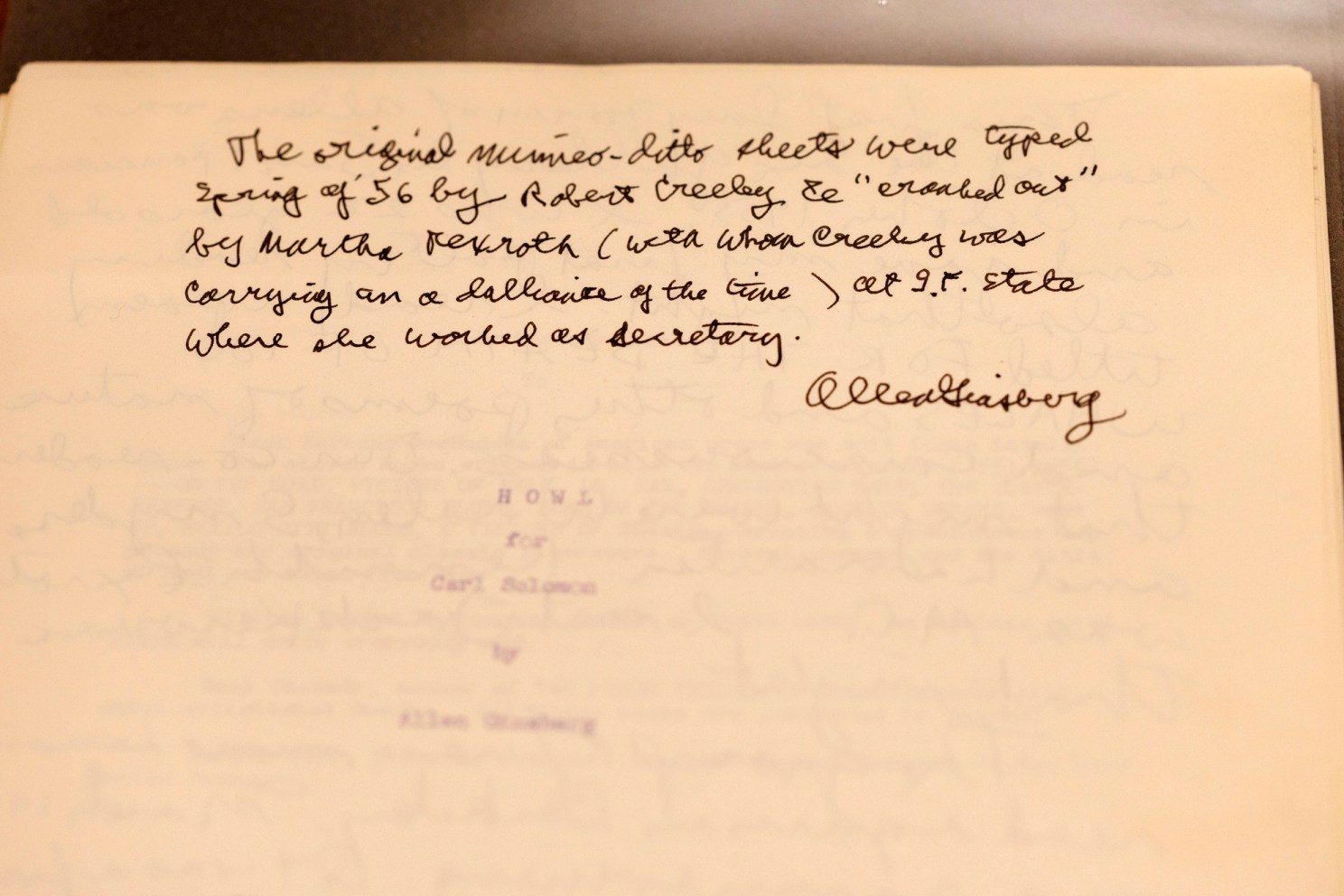
Giovanni Boccaccio’s “Stories of Boccaccio,” for example, was kept for decades in the “Inferno” section of Harvard’s Widener Library. This restricted section was a set of stacks behind metal gates that housed books containing erotic material, as well as some valuable early editions.
“I wanted to have as wide a span as possible,” Overholt said. “To show the ongoing history there is [of banning books].”
Also included in the exhibition were texts about same-sex relationships, such as a collection of Walt Whitman poems and Radclyffe Hall’s 1928 novel “The Well of Loneliness.” These books, Overholt said, were banned not necessarily for being explicit, but rather for the ideas contained within.
“One thing I wanted to highlight is how innocuous some of this does seem in retrospect,” he said. “I don’t think reading ‘The Well of Loneliness’ made anyone a lesbian, and I don’t think preventing anyone from reading ‘The Well of Loneliness’ prevented anyone from being a lesbian.”
Ultimately, he added, that’s why censorship is often doomed to fail.
“Because the books have a lot of power, but they don’t necessarily have that power.”
Latest Harvard
- Class of 2029 yield tops 83%, with international students at 90%Nearly half will pay no tuition
- Step study: 4,000 counts for a lotStudy of older women finds lower disease risk for those who hit that number once or twice a week
- Shielding Americans from corporate ‘tyranny’Former FTC chair Lina Khan highlights agency’s role in checking concentrated economic power
- All good, except grape pizzaUniversity Dining Services directors talk menus, special diets, financial and practical challenges of serving up 2.9 million meals per year
- Cracks in America’s ‘mirror’Former Kennedy Center president urges steps to preserve vitality of the arts
- Is there a right way to write?In podcast, professionals share tips on technique, process — and tapping ‘deepest part of yourself, even if you’re writing something that is set on a spaceship’






